What started as anger over a sudden social-media blackout has blown up into Nepal’s biggest street uprising in decades — and a full-blown crisis for its political class.
By Tuesday night, protesters — overwhelmingly young and fed up — had torched government buildings and several politicians’ homes in Kathmandu, stormed state facilities, and choked major roads as army helicopters whisked ministers to safety. The parliament complex and parts of the Singha Durbar, which houses the prime minister’s office and key ministries, were set ablaze. Kathmandu’s airport was shuttered amid the chaos.
Prime Minister K.P. Sharma Oli resigned under the pressure, only to be tapped as caretaker while parties scramble to form a new government. His exit barely dented the momentum. Tens of thousands stayed in the streets, fueled by rage over at least 19 people shot dead by police on Monday — the death toll later rose to at least 22 — and years of alleged graft and nepotism. Videos showed former PM Sher Bahadur Deuba and his wife, Foreign Minister Arzu Rana Deuba, bloodied after assaults by crowds.
The immediate trigger was a ban on 26 platforms — Facebook, X, YouTube and more — after companies didn’t register under new rules handing the state tighter oversight. The government lifted the blackout on Tuesday, but the damage was done.
“Stop corruption, not social media,” became the rallying cry as the protests morphed into a generational revolt.
Behind the fury: a bleak economy and a sense of injustice. Roughly a fifth of young Nepalis are unemployed, and the government estimates more than 2,000 people leave daily for jobs in the Gulf or Southeast Asia. Meanwhile, “nepo kids” of the elite flaunt privilege — a contrast that’s become tinder in a country wedged between India and China and whiplashed by constant political churn.
President Ram Chandra Poudel urged dialogue. Army chief Ashok Raj Sigdel asked demonstrators to stand down, warning security forces are “committed to preserving law and order” if police can’t. Late Tuesday, the army said it’s ready to “take control of the situation” if arson and looting continue.
Oli had promised an inquiry into Monday’s shootings, compensation for the dead, and free treatment for the wounded. Protesters weren’t buying it. Many want a sweep of the old guard, not piecemeal fixes — and they’re especially wary of a proposed social-media law critics call censorship in disguise.
For now, Nepal sits in a dangerous limbo: a caretaker PM with unclear authority, a furious and leaderless youth movement, and institutions straining to keep order. The immediate test is whether the state can de-escalate without more bloodshed — and whether the political class can deliver something more convincing than another resignation letter.
AP, BBC, NBC News, Reuters, and the New York Times contributed to this report.
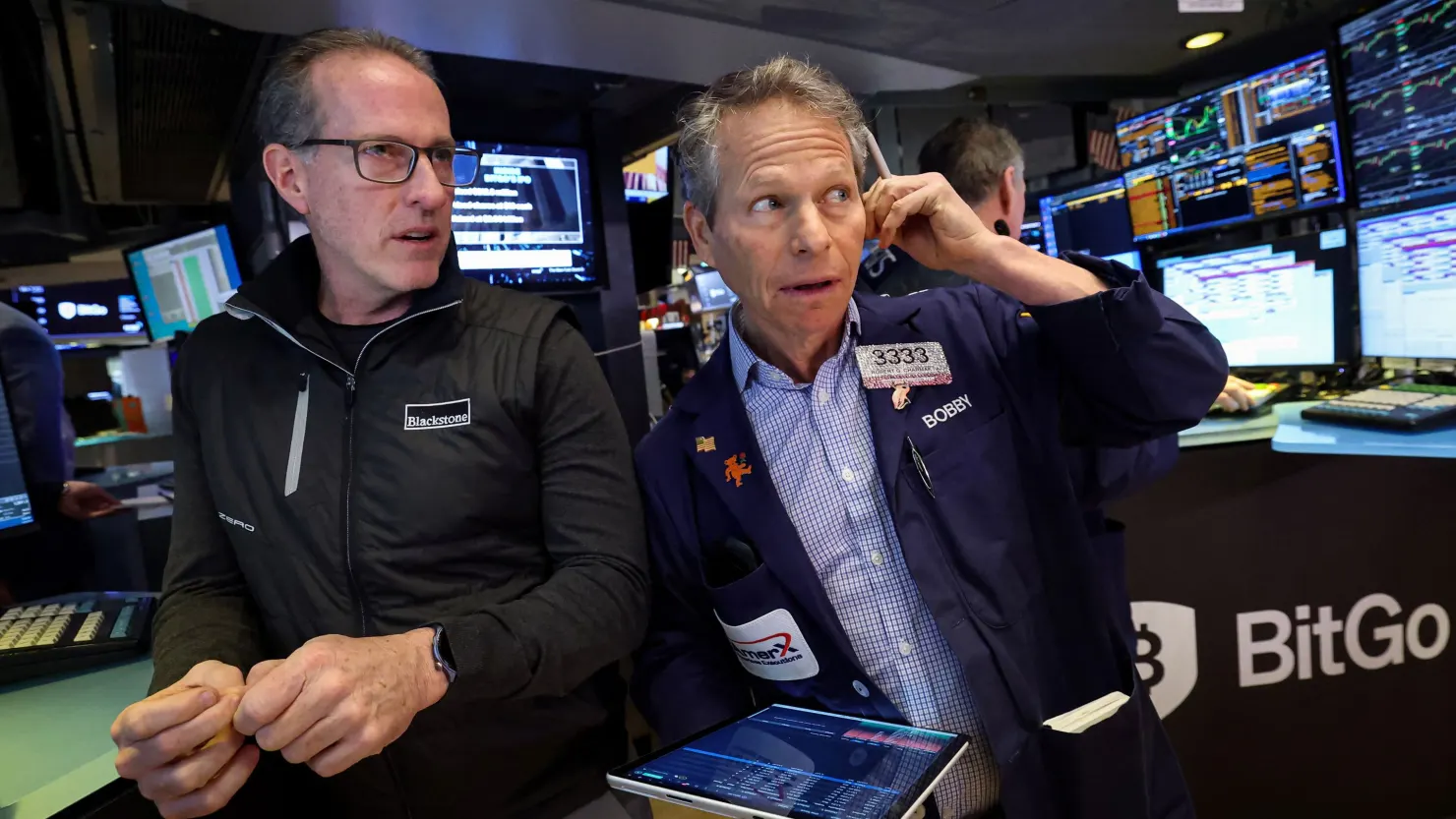
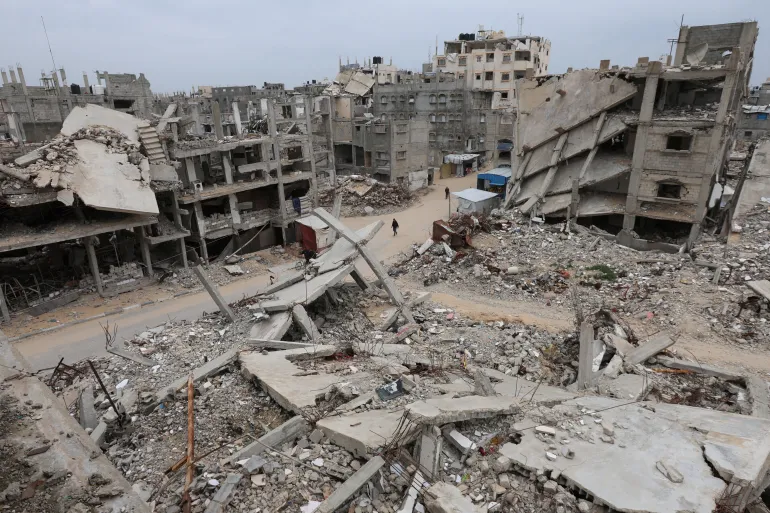

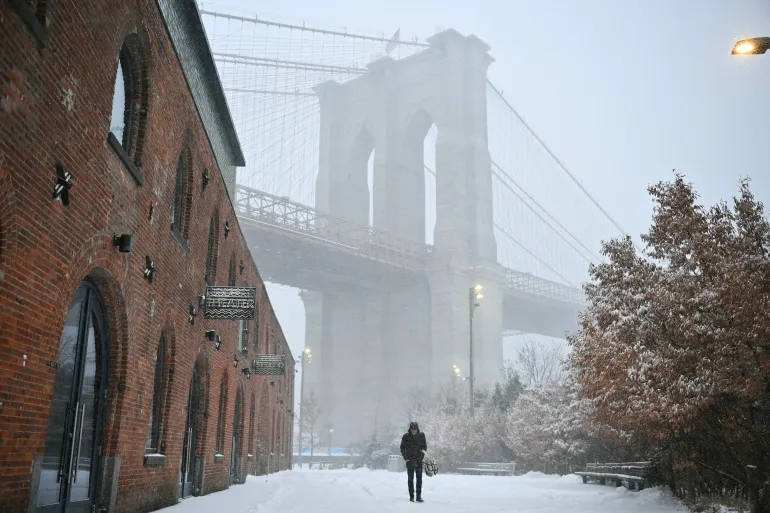
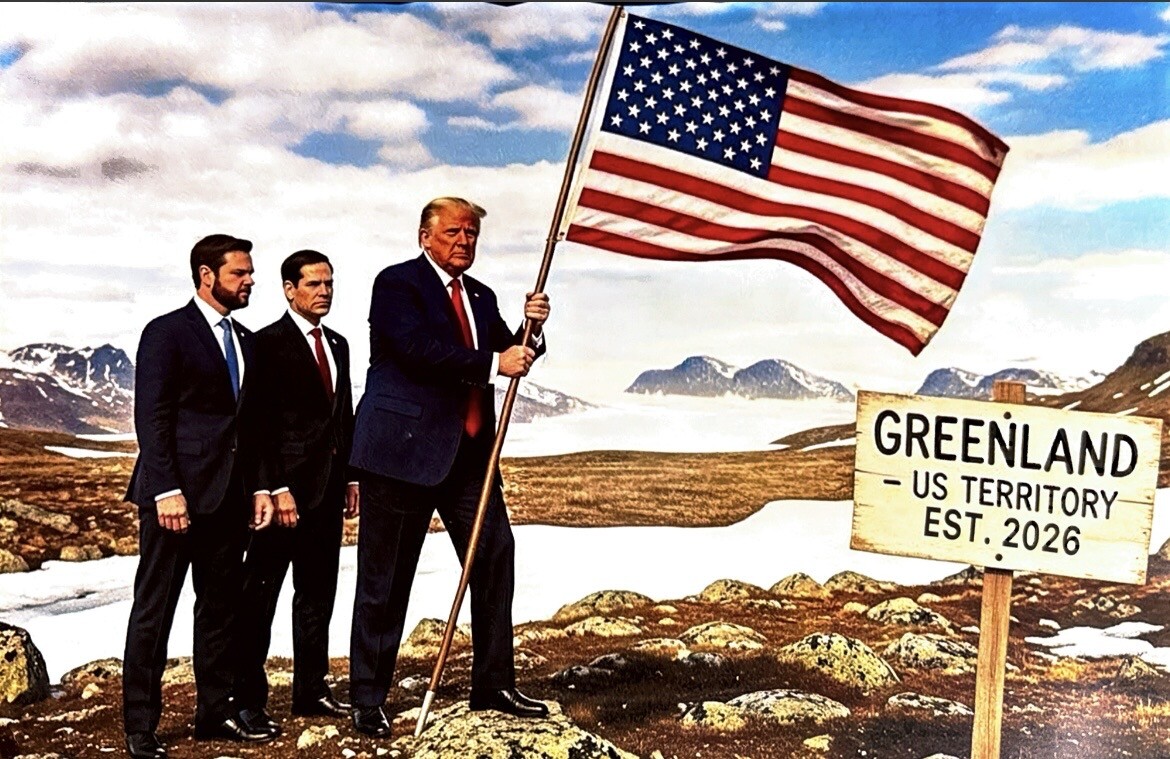
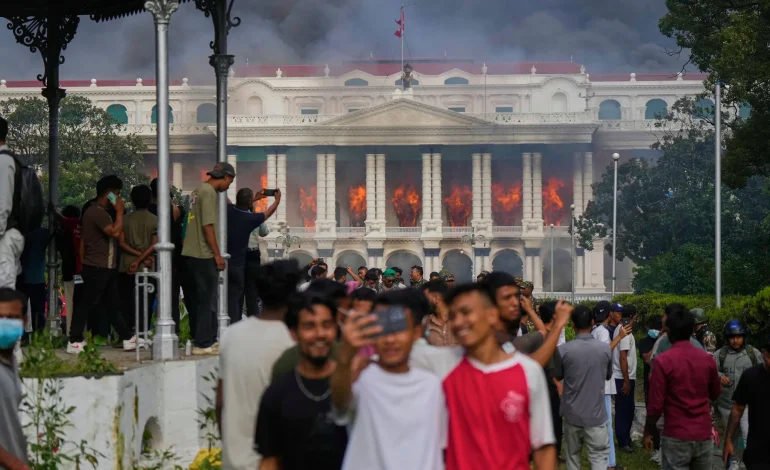




The latest news in your social feeds
Subscribe to our social media platforms to stay tuned